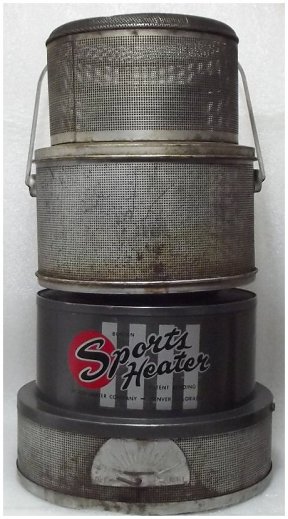Gents and ladies, assistance is needed.
Since winter is coming, from time to time (with temp changing) we notice condensation on the windows and notice some places on the walls a bit of moisture. So far no mildew or mold. So ventilation is OK, I guess (we had humidity issues in the past, though).
I purchased a small dehumidifier - cheapest Pro Breeze - to reduce this inside moisture, but I’m not sure what to set it on. As for now it shows about 45% humidity, and it’s certainly dryer here now, but we still have some spots that are a little damp.
Is this just a product of cold outside + warm inside or should I experiment with my settings?
upd: after Van_Dweller’s comment, decided to replace our electrical heater with a kerosene one which improved situation drastically. So thanks again for such a great response, we still have a nice not too dry and breathable air, but without wet spots. Sometimes it’s better to be a bit paranoid about humidity level… thanks a lot!

